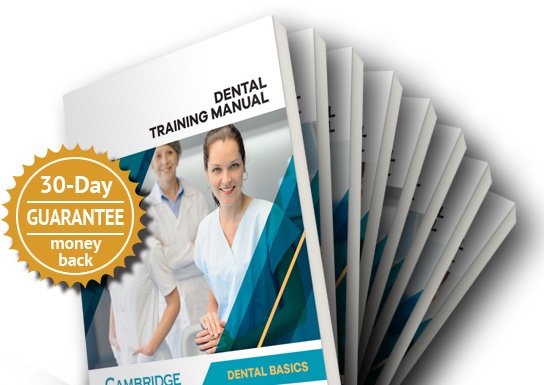Dental Consultant Tip: Dentistry's Dirtiest Word
Disclaimer: The word I am about to define is not for the faint of heart. Macho men have been known to turn into quivering bowls of Jello when even uttering this word.
Definitions:
1) Income received for goods and services over some given period of time.
2) An act of completion of a commercial activity.
3) Operating revenues earned by a company.
OK, now for the ugly part. You still have time to stop reading. I’ll give those of you who want to leave the room a few seconds before I continue. For those of you brave enough here goes:
The above definitions are for the word “sales”.
“Ahhhhhhhhhhhhhhh! You should have warned us!!!!!”
Okay, maybe I’m over doing it just a little, but you have to admit, most dentists and their staff would rather hear fingernails scratching a chalkboard than utter the words “selling dentistry”. This is so true that in dentistry we call it “treatment presentation” or “case acceptance”.
Why has it become so taboo to even mention the word “selling” in the dental industry? Mainly because the word “sales” has been associated with doing anything and everything to unjustly separate a man from his hard earned wages.
But, if your true intentions are to help patients overcome their fears and objections to get the treatment you know they absolutely need, then you’re on the right track. The simple fact is that you ARE going to have to get those patients through their fears, worries and objections somehow.
“Sales” is a vital part to any business – including yours.
So here’s another pointer to increase your closing rate (oops, I mean case acceptance.) It’s going to make you a bit squeamish though. After you’ve presented the treatment to the patient, ask them a closing question (oops, I mean a case presentation empowerment inquiry.) Did you faint? Are you still with me? Okay. It’s easier than you think.
Just ask the patient, “Are you committed to fixing this problem?” The patient’s answer will tell you immediately if they didn’t understand what needs to be done or what will happen to their dental health if they don’t do it.
If you’ve done a good job in presenting the treatment that needs to be done, your patient will say, “yes.” If you don’t ask this question, you’re leaving it to your Treatment Coordinator to explain the treatment. Trust me when I tell you that you are more qualified than your Financial Arranger to sell (oops, I mean present and educate) the patient on the treatment.


